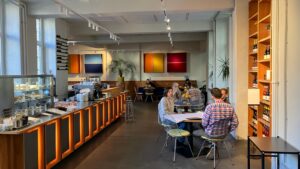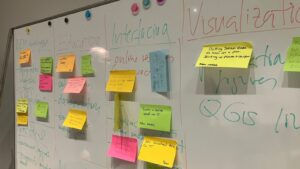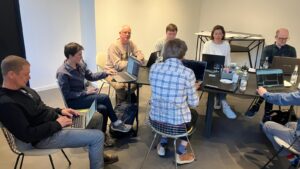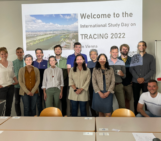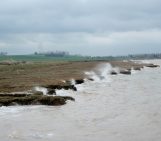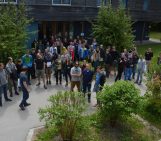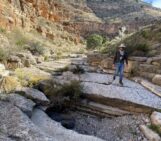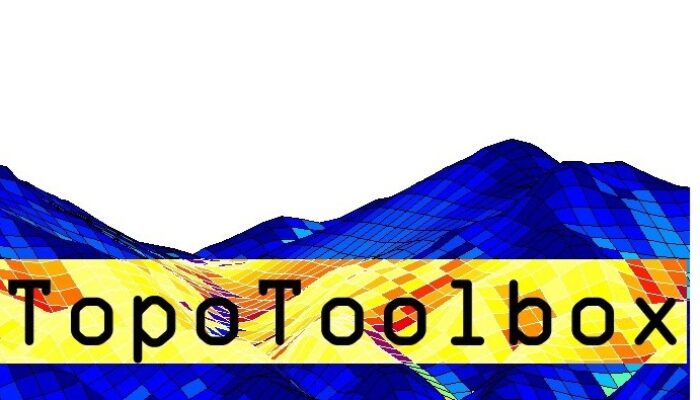
Please contact one of the GM blog editors, Emily (eb2043@cam.ac.uk) or Emma (elodes@asu.edu), if you’d like to contribute on the blog!
by Wolfgang Schwanghart (Researcher, University of Potsdam, Germany), Dirk Scherler (Professor, Freie Universität Berlin and GFZ-Potsdam, Germany) and William Kearney (Research Software Engineer, University of Potsdam, Germany)
Email: schwangh@uni-potsdam.de
We all use computer programs, many of us code, and some of us even develop software so that it can be used by others. If mainly used by scientists and for research, this software is termed research software. Much of our daily research work highly depends on this kind of software as our ability to do data processing and analysis, modelling and simulations relies on computers. Moreover, as scientists we commit to reproducibility. At best, researchers can reproduce findings from scientific work without barriers. This means that research software should follow the FAIR principles, i.e. the software should be Findable, Accessible, Interoperable and Reusable.
TopoToolbox is a suite of software for Earth and environmental scientists who want to extract qualitative and quantitative information from digital elevation models (DEMs). It also features landscape evolution models which are used to simulate how topography evolves over hundreds to millions of years. The MATLAB-based software has now been around for more than 15 years. Researchers worldwide use it to study the Earth surface and the processes that shape it, but there are also applications in fields beyond geomorphology, including hydrology and glaciology.
Since 2024, we have been funded by the German Research Foundation to ensure that TopoToolbox can continue to serve the research community for the next 15 years. We have introduced modern research software development practices in accordance with the FAIR principles. One of our main goals is to integrate TopoToolbox more closely with the wider ecosystem of geoscientific software by making TopoToolbox available from languages beyond MATLAB and by building interfaces that connect TopoToolbox to additional sources of data, models, and visualization tools. We want this next generation of TopoToolbox to reflect the collective vision of those who use these tools to conduct their research, not just that of the small team responsible for its development so far. To spark collaboration on this vision, we conducted a Hackathon, a 2-day event where participants with diverse interests, expertise and goals work on TopoToolbox-related projects that interest them.
The event took place last week at St. Oberholz, a coworking space and creative hub in Berlin, Germany. After scouting each participants’ vision on the further development of TopoToolbox, we identified numerous concrete projects together and worked on these in small teams, leading to contributions to the new code base that can be found in our new GitHub organization. Many of these projects are ongoing, and the foundation for further collaboration has been laid. Leveraging GitHub’s development platform and workflows, we hope to attract more contributors in the future. Whether you identify more as a user or a developer, you are more than welcome to join our community. There is a lot to accomplish including developing teaching materials and workflow examples, testing, enhancing, translating and optimizing code, providing feedback and bringing up problems that you discover. You do not need to be a professional programmer to contribute! Most of us are self-taught coders.
Please visit us at https://topotoolbox.github.io, and don’t hesitate to reach out if you are interested in collaboration!

